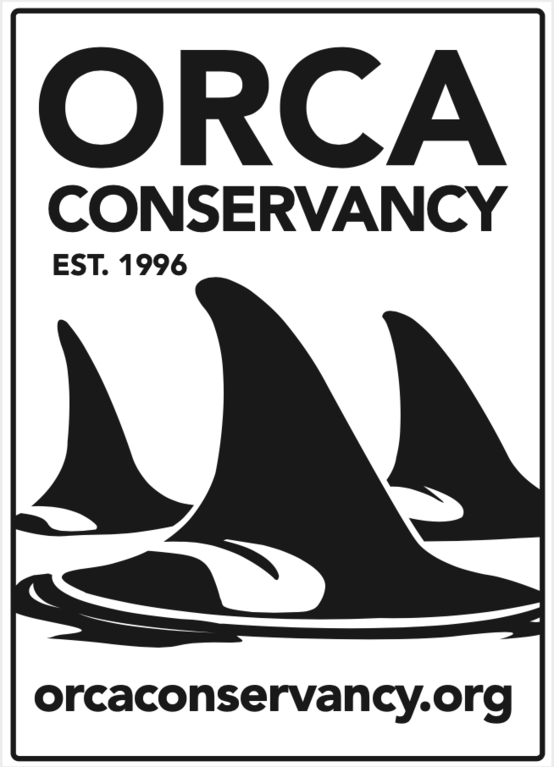ACTION: CRSO Draft EIS TEMPLATE FOR GRASSROOTS COMMENT
Submit Your Comment BEFORE April 13, 2020
Copy and paste the information below:
Date: > add today's date <
Sent via electronic email to: > comments.crso.info
TO:
US Army Corps of Engineers
Attn: CRSO EIS
P.O. Box 2870
Portland, OR 97208-2870
RE: CRSO Draft EIS
Dear US Army Corps of Engineers,
Please accept these as my comments on the CRSO DraftEnvironmental Impact Statement (EIS) released on February 28, 2020, including myurgent call on our political leadership in the Pacific Northwest to support a newand much needed approach to comprehensively address the linked challengesfacing the region’s wild salmon, Tribes, endangered Southern Resident killerwhales (SRKWs), fishing and farming communities, and energy system.
First, I am deeply disappointment in the CRSO Draft EIS.Rather than embracing calls dating back to the 1990s for a “major overhaul” of saidhydro-system operations in order to protect threatened and endangered salmonand steelhead, this “new” report recommends only minor adjustments to a statusquo plan that will perpetuate many serious mistakes from years past.
Flexible Spill Agreement (FSA) is the centerpiece of the government’sPreferred Alternative. The best available science shows increased levels ofspill can buy some additional time to put in place more effective actions for imperiledfish populations, it is not, by itself, a long-term survival strategy, letalone a recovery strategy.
Indeed, the parties to the current, short-term FSA made this explicit. Mostnotably, respected regional scientists confirmed that the flexible spillincluded in the Preferred Alternative will NOT deliver salmon the survivalbenefits through the hydro-system they need. Instead, the changing climate willfurther erode any benefits of flexible spill and will only underscore theurgency for meaningful action. The wild sockeye, spring/summer chinook, fallchinook and steelhead within the Snake and Columbia Rivers face extinctiontoday. This short-sighted alternative spells disaster to the irreplaceablebenefits wild salmon and steelhead bring to communities, SRKWs, and theecosystems working to sustain them.
This recent CRSO Draft EIS report does not offer a newapproach; rather it recommends minor tweaks to a 25-year federal approach thathas cost billions of dollars, and has been invalidatedfive times consecutively in federal court. This inaction has not only broughtsalmon and steelhead to some of their lowest levels on record, and whileincreasing uncertainty for communities across the region, it has assisted inpushing the remaining 72 SRKWs to the edge of extinction.
The clock is ticking.
Second, I support restoring a free-flowing lower Snake Riveras an essential cornerstone for any effective strategy to protect and recoverits endangered wild salmon and steelhead. The scientific support for restoringthe lower Snake River and native fishes that use this basin through dam breachingis well established and documented. For over two decades, Tribal, federal,state and independent research has repeatedly corroborated this determination.The just-released 2020 Draft EIS also acknowledges that breaching will delivergreater benefits to endangered Snake River fish populations than any otheroption considered or analyzed. Restoring the lower Snake River should beincluded as a foundational element of the Preferred Alternative.
Therefore, a dramatically new approach is urgently needed to develop the comprehensive plan the people of the Northwest and nation are asking for, require, and deserve. A new approach will:
- recover wild salmon abundance
- invest in fishing and farming communities to provide them a healthier future, and will
- support a reliable, affordable and increasingly decarbonized regional energy system
In conclusion, the Draft EIS falls far short of what is needed to protect and recover endangered salmon and steelhead populations in the Columbia Basin. Science is well established in showing that restoration of the lower Snake River through dam breaching will be critical in protecting its imperiled native fishes from extinction and will recover them to abundant and harvestable levels. A new regionally-led approach is urgently needed with Northwest policymakers – governors and members of congress – working closely with the region’s stakeholders, sovereigns and citizens to craft a lawful, science-based plan that recovers salmon, invests in vibrant fishing and farming communities and ensures a reliable and affordable energy system for current and future generations.
Sincerely,
> add your name and pertinent information<
